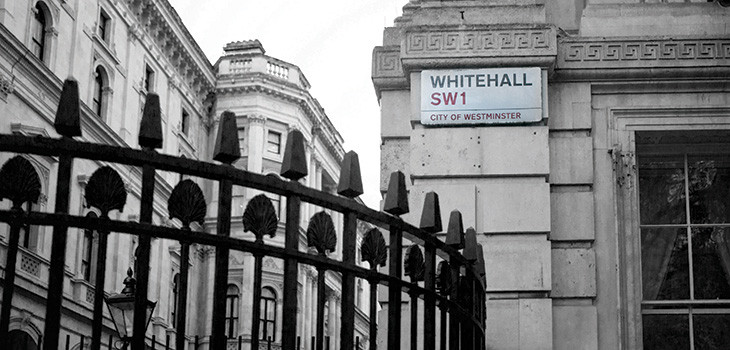
- Discusses IAB and its effect on junior civil servants, and proposes that there are powerful protections available.
In his leading judgment in Secretary of State for the Home Department and another v R (on the application of IAB & others) [2024] EWCA Civ 66, [2024] All ER (D) 128 (Mar), Lord Justice Bean branded the government’s routine practice of redacting civil servants’ names from documents for disclosure in judicial review proceedings ‘inimical to open government and unsupported by authority’.
Understandably, this finding may have caused a stir among ‘junior’ civil servants. They may well be left anxious that a society tending increasingly towards criticism and vitriol will target them if their names and roles are revealed. On another view, however, redaction was never the right tool for protecting potentially embattled public servants and their expectations have not been adequately managed. It may









